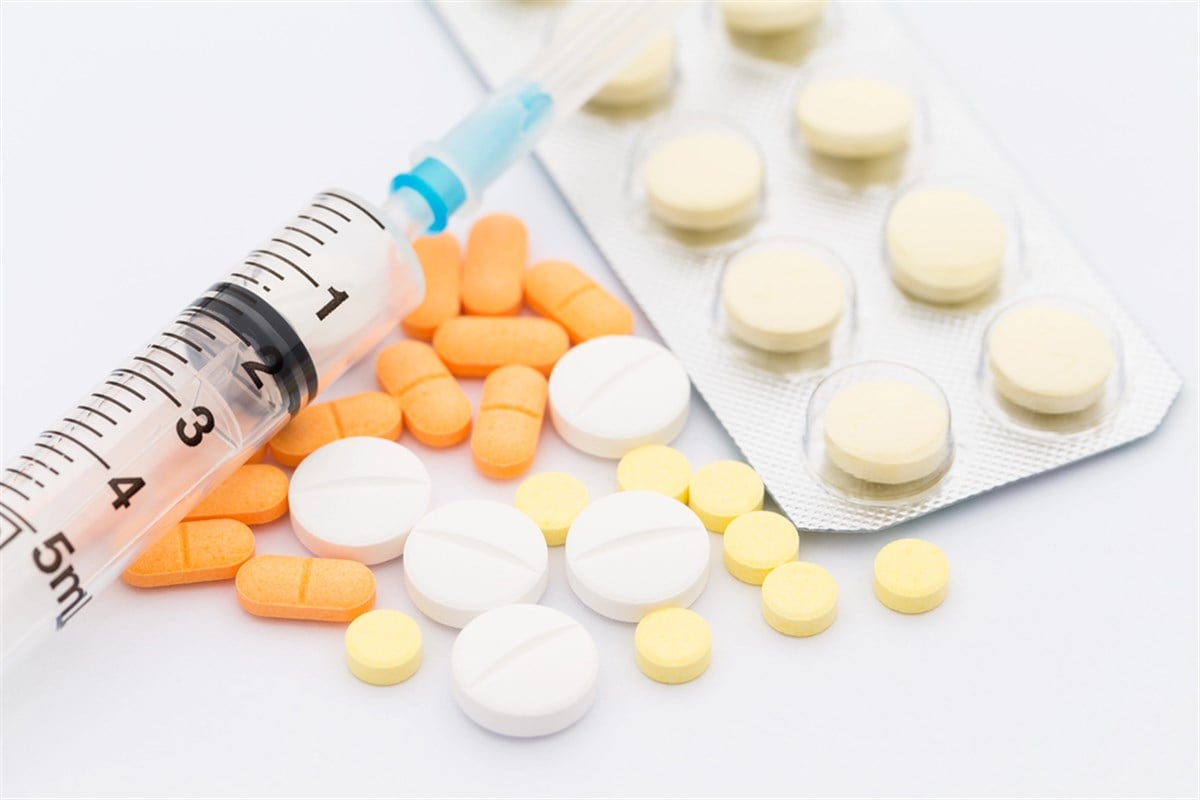
AstraZeneca PLC (NASDAQ: AZN) is a United Kingdom-based healthcare firm and the sixth-largest pharmaceutical company in the world by market capitalization. So far, in 2024, the firm has outperformed the market and its sector, achieving a total return of 17%. The total return of the SPDR S&P Pharmaceuticals ETF (NYSEARCA: XPH) is 4%.
Let's review the company’s business segments and revenue sources. We'll then review its Q2 2024 financial results, which were released on July 25, 2024, and close by detailing what to watch for around the company.
AstraZeneca’s Business Segments and Therapeutic Areas
AstraZeneca divides its operations into three segments: Product Revenue, Alliance Revenue, and Collaboration Revenue. In 2023, Product Revenue, which comes from the firm's proprietary pharmaceutical products, made up 96% of the firm's revenue.
Alliance Revenue comes from partnerships with other pharmaceutical companies, making up 3% of revenue. In the Collaboration segment, the firm might collaborate with academic institutions or biotechnology companies for research purposes.
Revenue is also broken up into the therapeutic units of Oncology, Biopharmaceuticals, and Rare Disease. Oncology focuses on cancer treatment and makes up 40% of revenue. Components from living organisms create biopharmaceuticals, unlike traditional drugs that contain chemical compounds. This can include drugs using antibodies or gene material. It made up 40% of revenue. Rare Disease products focus on treating conditions that affect few people and for which few treatments have been developed. It made up 17% of revenue.
The company's highest revenue-producing drugs are Farxiga and Tagrisso. Farxiga is in the biopharmaceuticals unit and is a treatment for kidney disease, heart failure, and type 2 diabetes. It made up 14% of product segment revenue. Tagrisso is in the oncology unit and is a treatment for non-small-cell lung cancer. It made up 13% of product segment revenue.
AZN Beats Earnings Expectations, Raises Guidance, Shares Still Fall
AstraZeneca posted higher-than-expected adjusted earnings-per-share, coming in at $1.98. Analysts were expecting $1.95; this resulted in an earnings surprise of 1.5%. Adjusted EPS is down 3% from last year.
Revenue beat estimates, coming in at $12.94 billion, up 17% from last year in constant currency terms. The firm raised its full-year adjusted EPS growth guidance from “low double-digits to low-teens” to "mid-teens." The firm saw solid growth both in product sales and alliance revenue, up 18% and 42%, respectively.
Farxiga and Tagrisso continued to see solid demand, with revenue growing by 32% and 12%, respectively. One of the fastest-growing drugs for the quarter was Enhertu, a breast cancer treatment, which was up 49% from last year.
Despite the positive results and increased guidance, shares fell 3% to 4% in pre-market trading after the release.
AZN Withdrawals COVID-19 Vaccine on Low Demand
The company ended distribution of its COVID-19 vaccine, Vaxzevria, in May 2024. It was one of the first COVID-19 vaccines administered, beginning in January 2021. The firm supplied over 3 billion doses of its vaccine and generated $1.8 billion from the treatment in 2022. This allowed the company’s shares to rise 16% that year, while the S&P 500 was down 20%.
This early entry was an advantage for the stock compared to other pharmaceutical companies, but it also resulted in the vaccine being inferior to others in the long run. Due to this, there has been almost zero demand for Vaxzevria over the past year and a half.
Watch For Key Developments Around Enhertu
Important developments to stay informed of for AstraZeneca relate to Enhertu. First is the approval process for the drug in China to treat gastric cancer. It is the third leading cause of cancer deaths in the country, and AstraZeneca received 13% of its product revenue from the country in 2023. Approval would open the drug to a huge new market, helping increase sales that are actually slow compared to what some had hoped. The country has already approved the drug for breast cancer treatment.
Additionally, it is notable to watch how the United Kingdom will treat the drug for use in HER2-low breast cancer. The National Institute for Health and Care Excellence, an independent organization that advises on health care policy, believes that the drug doesn’t provide enough value for the price. CEO Pascal Soriot hopes that NHS England, the country's government healthcare service, will approve the drug despite this. The firm received 7% of its revenue from the country in 2023.






